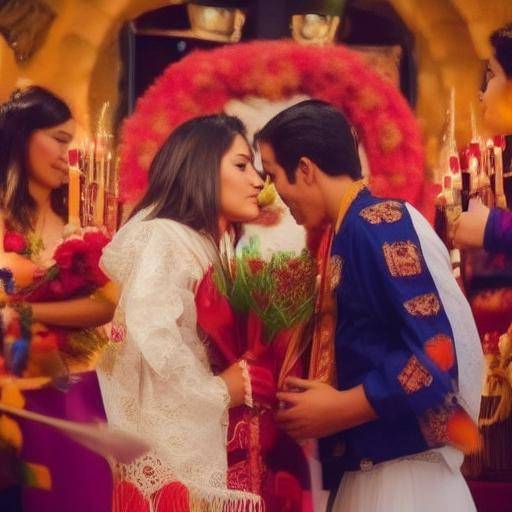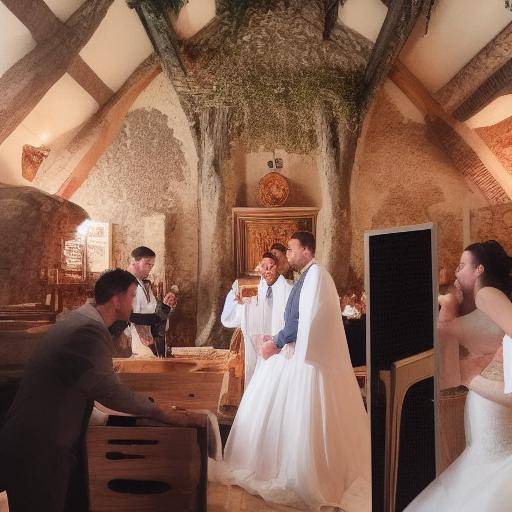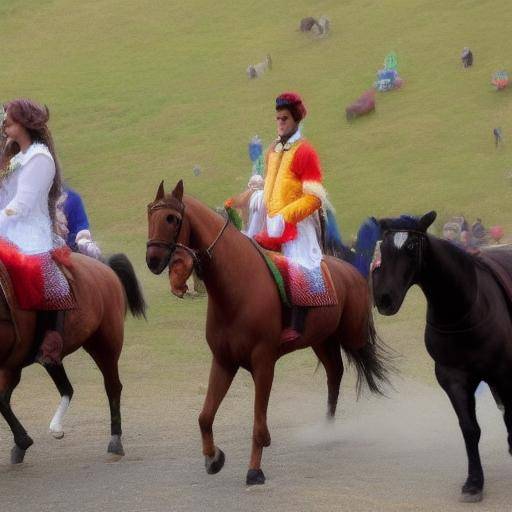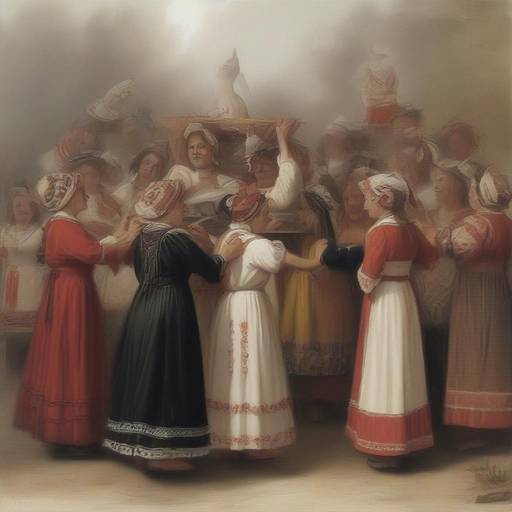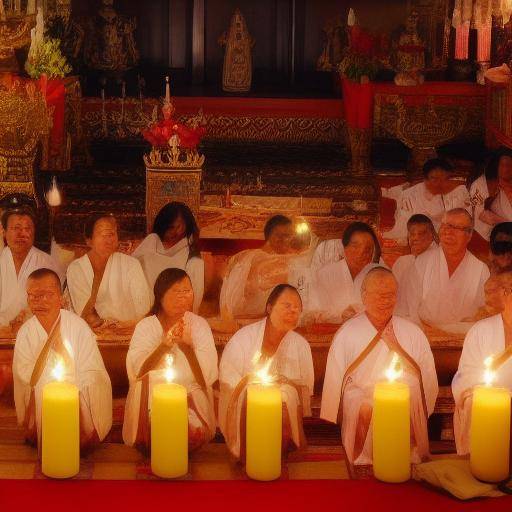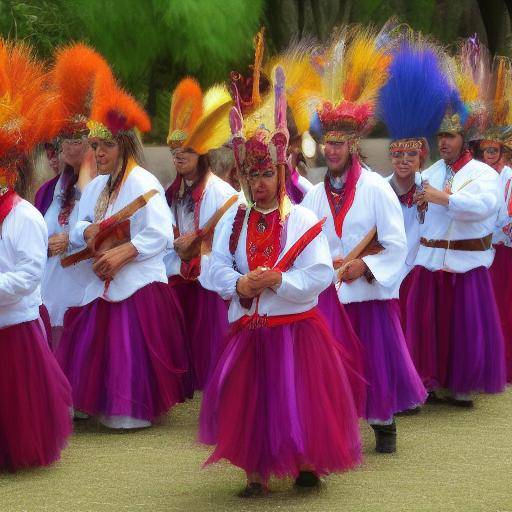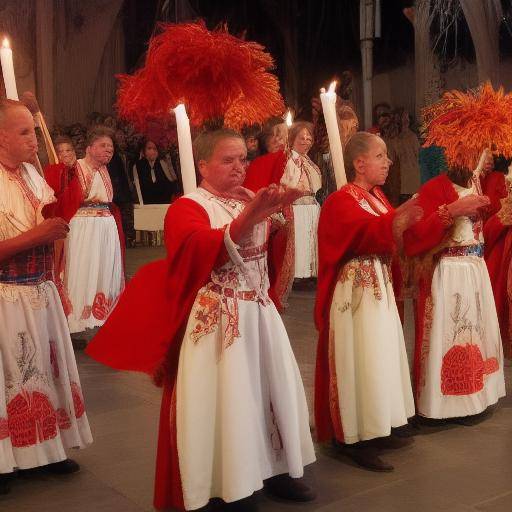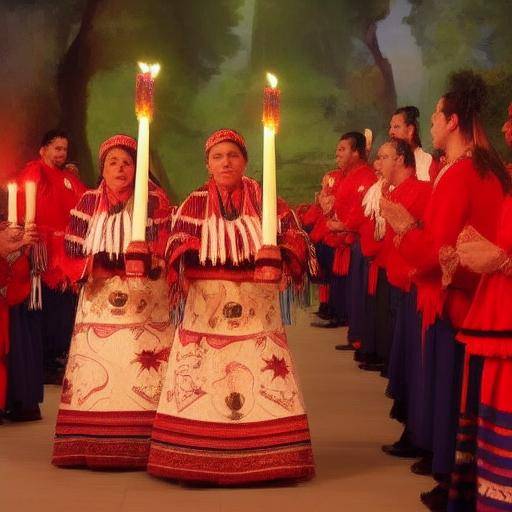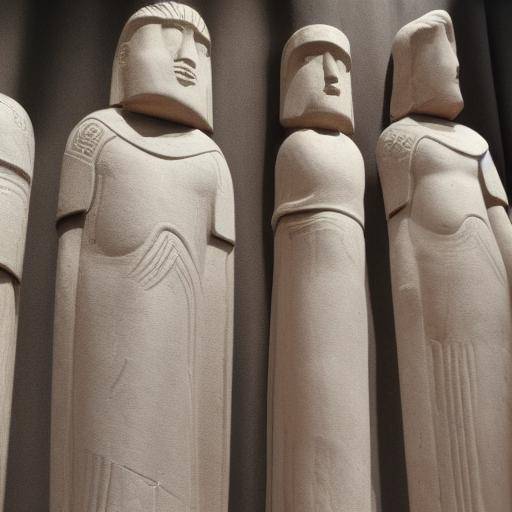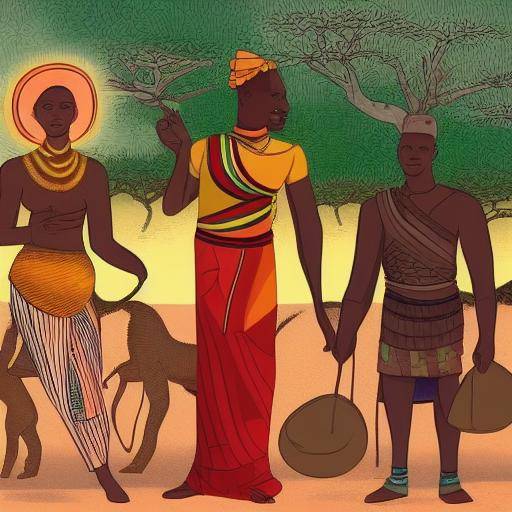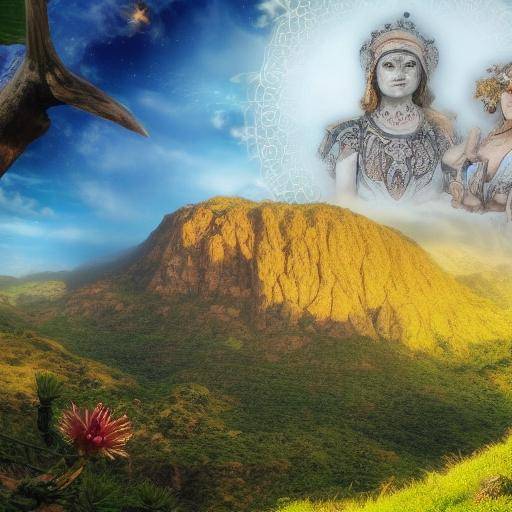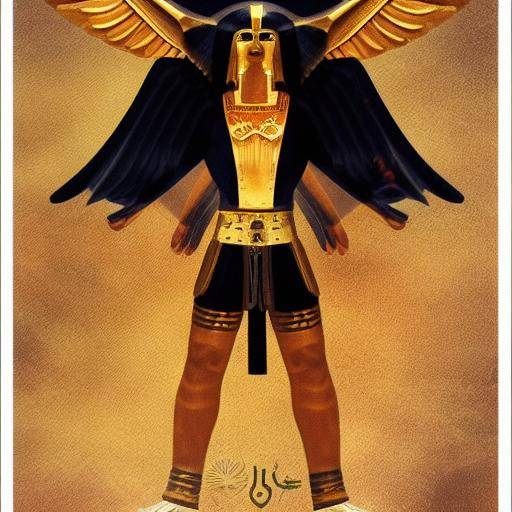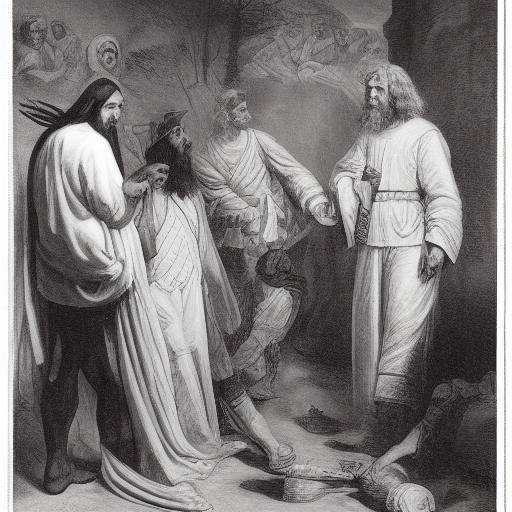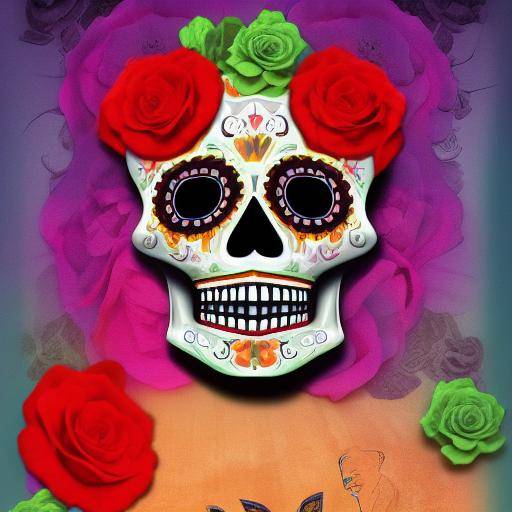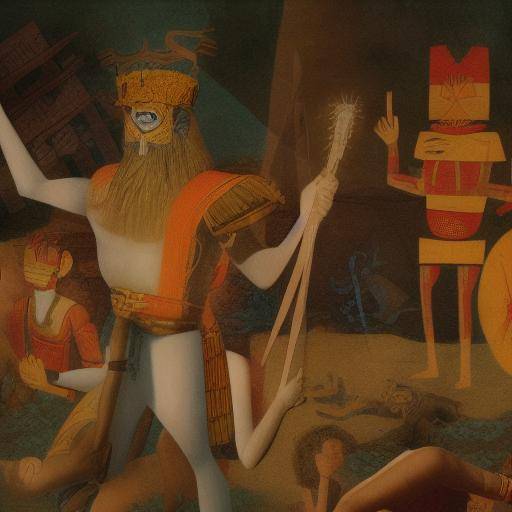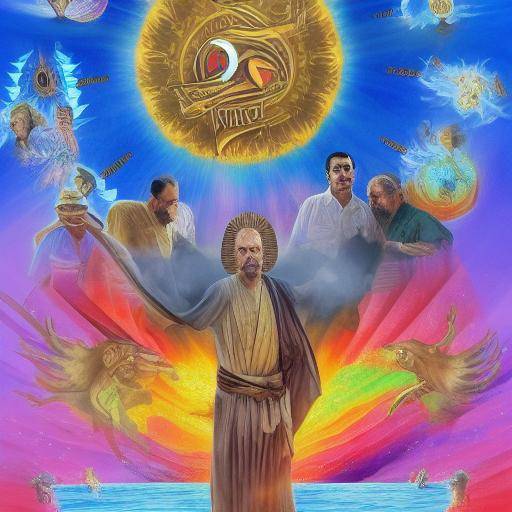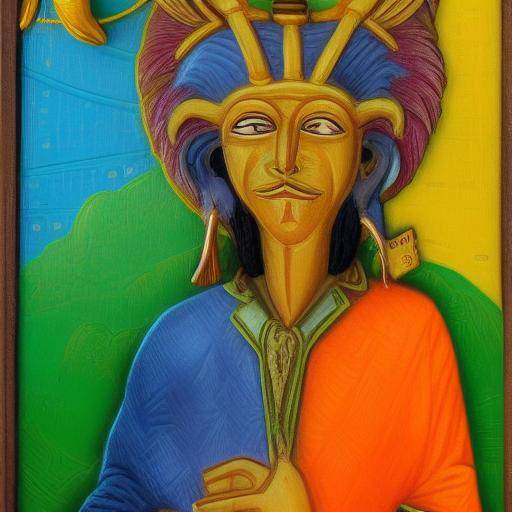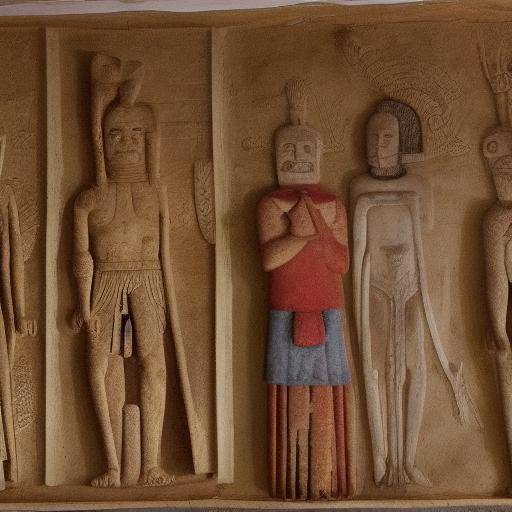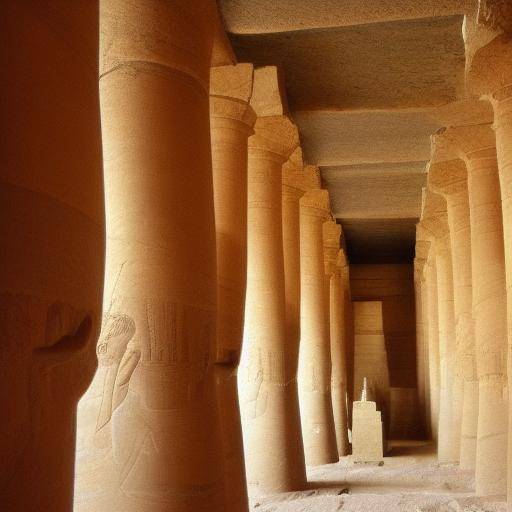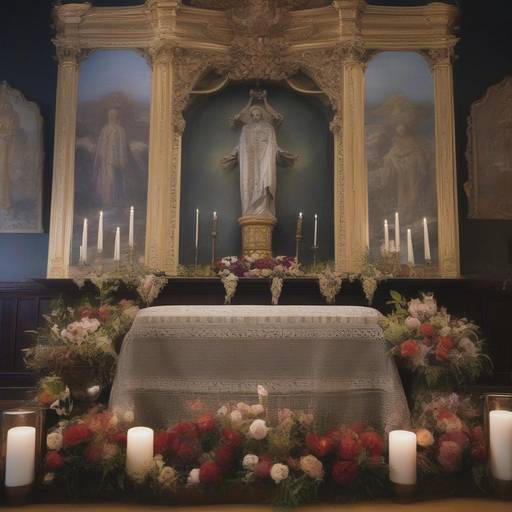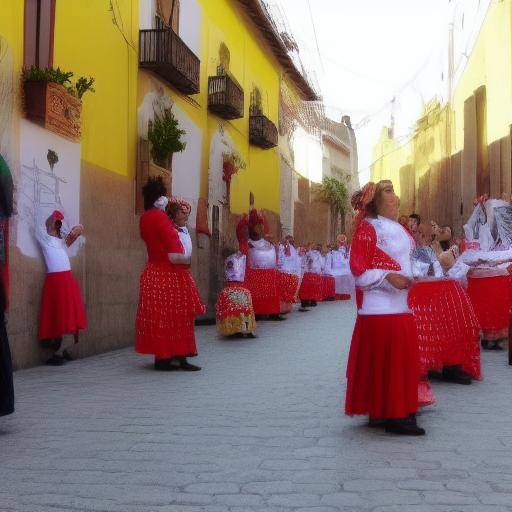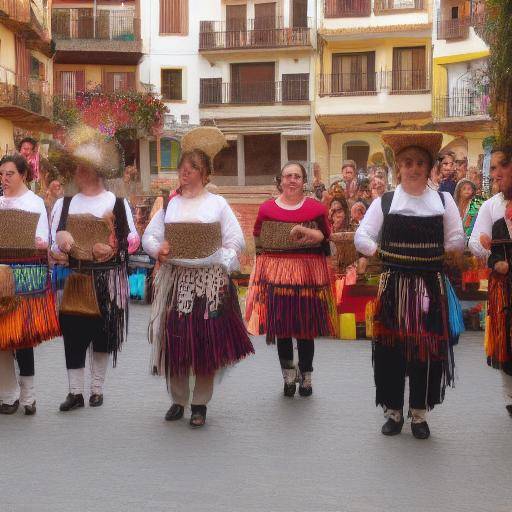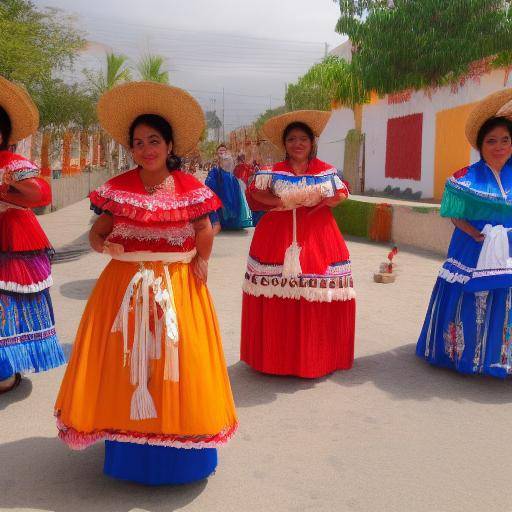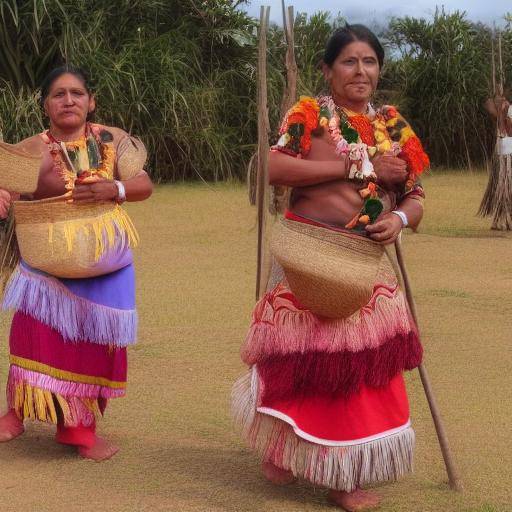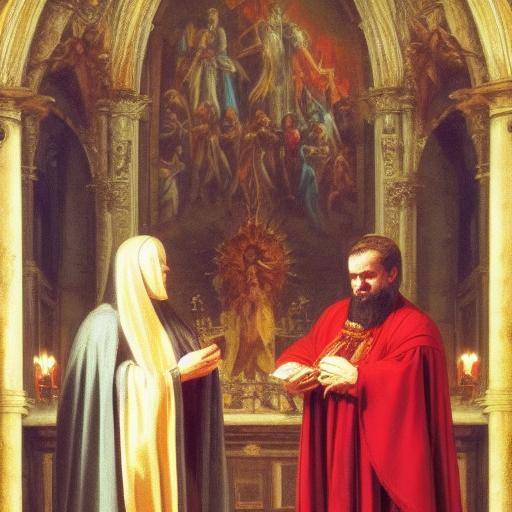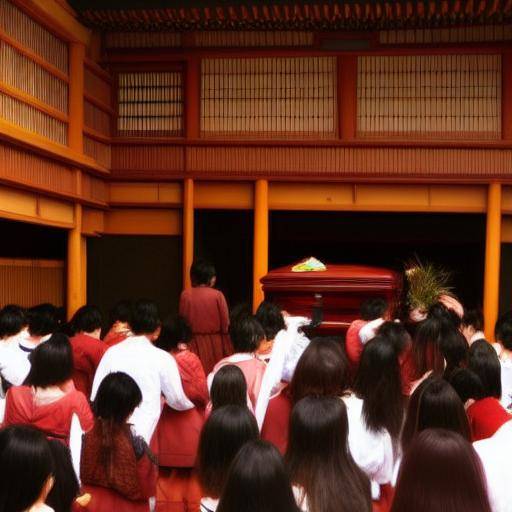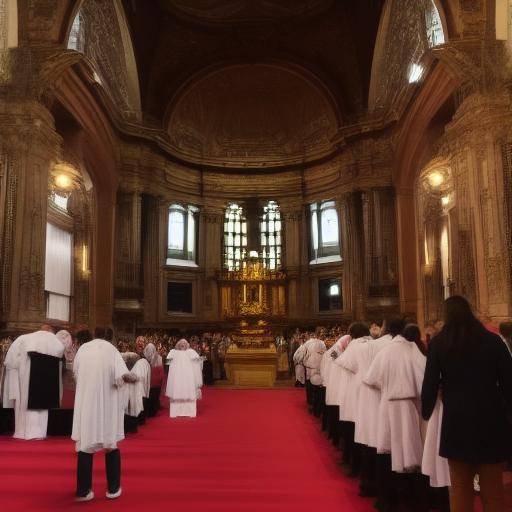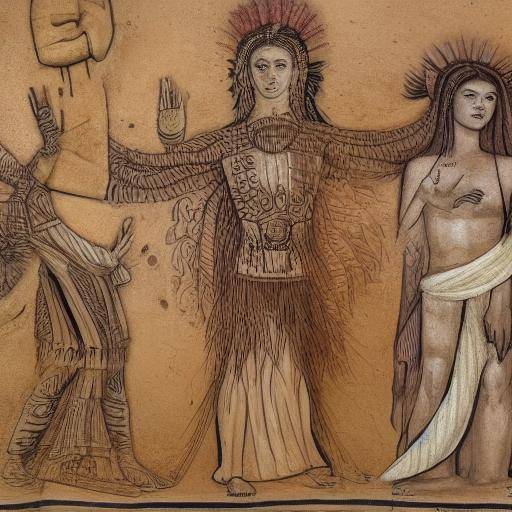
Introduction
Egyptian mythology is one of the richest and most fascinating in the world, full of rituals and ceremonies that marked the different important moments in the life of the ancient Egyptians. The rites of passage, in particular, were of paramount importance, as they symbolized the transition from one state to another and were closely linked to the mythology and religious beliefs of this ancient civilization. In this article, we will explore in detail the rites of passage in Egyptian mythology, unraveling their meanings, their cultural relevance and their influence in the daily life of the ancient Egyptians.
History and Background
To understand the rites of passage in Egyptian mythology, it is essential to get into the history and background of this civilization. Egyptian mythology dates back thousands of years, rooted in religious beliefs and the worldview of the ancient Egyptians. From worship to the gods to funeral practices, Egyptian mythology perpetuated all aspects of the life of this civilization.
The rites of passage in Egyptian mythology were manifested at various times of life, from birth to death, and were intrinsically linked to beliefs about life after death and rebirth in the Beyond. Priests and priestesses played a crucial role in performing these rituals, including initiation ceremonies, marriage, and elaborate funeral rituals aimed at ensuring the safe passage of the deceased into the other life.
Analysis in Deep
The importance of the rites of passage in Egyptian mythology is reflected in the profound influence they exercised in society and in the thought of the ancient Egyptians. These rituals were not only symbolic, but also social functions, such as the consolidation of individual and collective identity, as well as the maintenance of cosmic order.
The realization of the rites of passage involved the participation of the entire community, which strengthened social ties and strengthened the cohesion of the group. In addition, these rituals served as a means of transmitting and preserving cultural values and ancestral tradition, ensuring the continuity of Egyptian cosmovision throughout generations.
Comprehensive review
The rites of passage in Egyptian mythology were not only purely religious events, but were also closely linked to the daily lives of the ancient Egyptians. From birth to death, each stage of human existence was marked by specific rituals that conferred a transcendent meaning on the most worldly events.
The birth, for example, was celebrated with purification and protection rituals aimed at ensuring the health and well-being of the newborn. Marriage, for its part, was an event full of symbolism, in which the sacred rituals aimed to unite couples in an indissoluble bond, blessed by the gods.
Comparative analysis
A comparison between the rites of passage in Egyptian mythology and other belief systems allows us to appreciate the similarities and differences that exist between different cultures. While in Egyptian mythology the preservation of the body and the soul in the Beyond was of great importance, other cultures had different conceptions about life after death.
Practical Tips and Accessible Recommendations
By exploring the rites of passage in Egyptian mythology, it is evident that his legacy endures until today, casting a long shadow over the way we conceived life, death, and beyond. It is crucial that we continue to study and celebrate these ancestral rituals, recognizing their importance as a cultural heritage and a source of timeless wisdom.
Conclusion
In conclusion, the rites of passage in Egyptian mythology constitute a fundamental facet of this ancient civilization, permeating all aspects of the life of the ancient Egyptians and projecting their influence to the present. Through these rituals, the Egyptians found meaning and transcendence in the different stages of human existence, raising the daily to the level of the sacred and ensuring the continuity of their spiritual legacy.
We hope that this article has provided an enriching insight into the rites of passage in Egyptian mythology, inviting you to explore further the mysteries and wonders of this fascinating civilization.
FAQs
What were the main rites of passage in Egyptian mythology?
The main rites of passage in Egyptian mythology were related to birth, initiation, marriage and death. Each of these important moments in the life of the ancient Egyptians was marked by specific rituals intended to confer a transcendent meaning on those events.
How did the rites of passage influence the daily life of the ancient Egyptians?
The rites of passage in Egyptian mythology had not only symbolic meaning, but also fulfilled social functions, such as the consolidation of individual and collective identity, as well as the maintenance of cosmic order. In addition, these rituals served as a means of transmitting and preserving cultural values and ancestral tradition, ensuring the continuity of Egyptian cosmovision throughout generations.
Are there parallels between the rites of passage in Egyptian mythology and other religious traditions?
Yes, there are parallels between the rites of passage in Egyptian mythology and other religious traditions. In fact, many ancient cultures have developed similar rituals aimed at marking important transitions in people's lives, suggesting the universality of the search for meaning and transcendence in the different stages of human existence.
What was the role of priests and priests in the realization of the rites of passage in Egyptian mythology?
The priests and priests played a crucial role in the realization of the rites of passage in Egyptian mythology. They were in charge of presiding the rituals, invoking the gods and executing the ceremonies intended to mark the important transitions in the life of the ancient Egyptians.
How has Egyptian mythology influenced funeral practices and the conception of the beyond in other cultures?
Egyptian mythology has exerted a profound influence on funeral practices and the conception of the beyond in other cultures. The idea of the preservation of the body and the soul, as well as the final judgment and life in the Beyond, has left an indelible mark on how diverse cultures conceive death and life after it.
How do the rites of passage persist in Egyptian mythology today?
Additional readings:
- Rites of Pass in Egyptian Culture
- Egyptian Festivals and Ceremonys
- Mythological and Ritual Figures in Egypt
Sources:
- Author A. "Article Title", Revista de Estudios Egipcios, Year of Publication.
- Author B. "Title of the Book", Editorial, Year of Publication.
- Author C. "Documentary Title", Producer, Publication Year.



